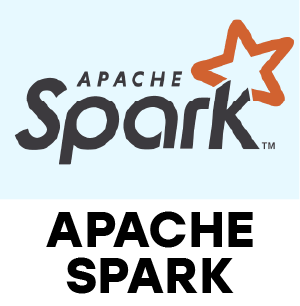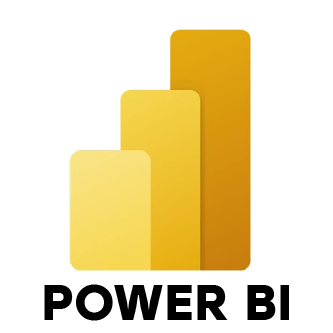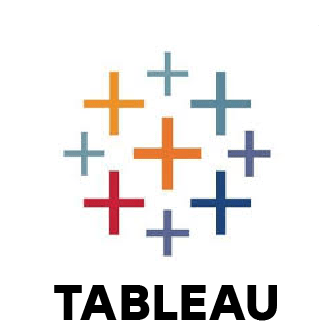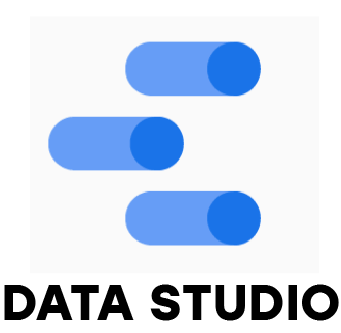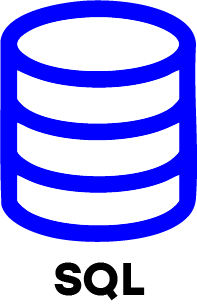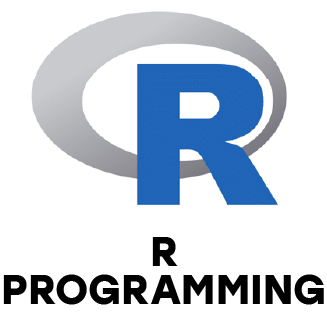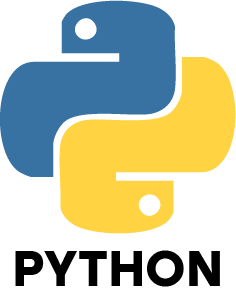1. What is Data Science and how is it different from Data Analytics?
Ans:
Data Science involves building models and using algorithms to predict future outcomes. Data Analytics is more about analyzing past data to find useful insights and trends.
2. What does a Data Scientist do in a company?
Ans:
A Data Scientist gathers, cleans and studies data to help the company solve problems, improve services and make better decisions.
3. What’s the difference between structured and unstructured data?
Ans:
Similarly to spreadsheets, structured data is organized neatly in rows and columns. Unstructured data includes things like emails, images and videos, which don’t follow a fixed format.
4. What are the main steps in a Data Science project?
Ans:
Typical steps are defining the problem, collecting data, cleaning it, analyzing it, building models and sharing insights or results.
5. How should a dataset with missing data be handled?
Ans:
You can either fill missing values using average or median, remove the rows, or predict them using other available data, depending on the case.
6. How does supervised learning differ from unsupervised learning?
Ans:
Supervised learning uses data with known answers to train models. Unsupervised learning finds hidden patterns in data without any labels.
7. What is cross-validation in machine learning?
Ans:
Cross-validation is a way to test how well your model works by dividing the data into smaller sets and checking accuracy on each set.
8. What does a confusion matrix show?
Ans:
A confusion matrix shows how well your classification model is performing by comparing actual results with predicted ones, including correct and incorrect outcomes.
9. How do you select important features in a dataset?
Ans:
You may use strategies like Recursive Feature Elimination (RFE), feature importance scores from models and correlation analysis.
10. How does the K-Nearest Neighbors (KNN) algorithm work?
Ans:
KNN compares a new data point with the 'k' closest known points and predicts its value based on the majority of those neighbors.






